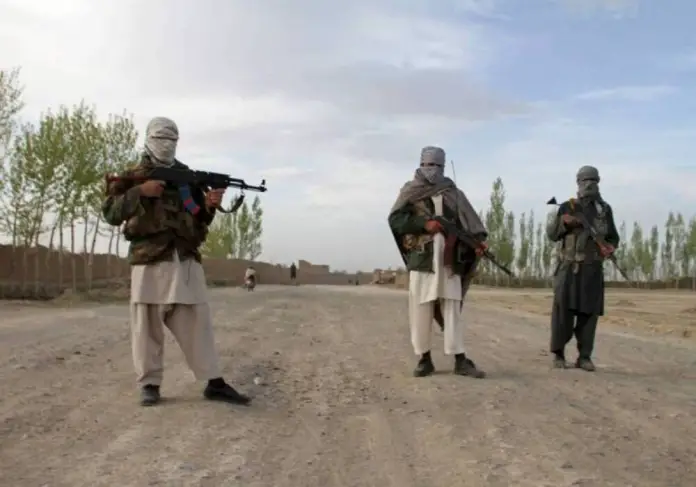A decision by the federal government led by Prime Minister Mian Shehbaz Sharif to link any truce with the Tehreek-e-Taliban Pakistan (TTP) with parliament’s approval and under the ambit of the constitution is commendable. However, it is still unclear what prompted the government to unilaterally engage the TTP in peace talks and strike a ceasefire agreement without taking parliament into confidence.
The TTP is a group of homegrown militants and the government is giving them undue leverage by striking a ceasefire agreement. Historically, the TTP has roots in the tribal areas of the country and is believed to be an offshoot of the Afghan Taliban, as both share the same ideology on religion and their operational tactics also have similarities. The TTP has a number of veterans who fought against NATO forces in Afghanistan. Lately, the government and security agencies are busy brokering a permanent peace deal with the TTP, but they need to exercise caution given the history of such deals that proved futile exercises in the past and ultimately, caused more violence in society.
After the expiry of each ceasefire, the TTP intensified its subversive activities in the country. So far, the TTP has carried out some of the bloodiest attacks in Pakistan since 2007 to impose their brand of Sharia law in the country. Earlier this month, the Pakistani Taliban indefinitely extended a ceasefire with the government, following two days of talks with a delegation of Pakistani tribal elders. The negotiations were facilitated by the Afghan Taliban.
The development however negates all the previous claims of the government and military establishment that the TTP was an Indian agent and was being funded by New Delhi. It is no less than a joke that the government is negotiating with the killers of our soldiers, citizens, and innocent children. Any deal with militants will not be possible unless its conditions are made public and the parliament is taken into confidence. The government needs to exercise extreme caution while dealing with the TTP.
The price that ordinary Pakistani civilians and soldiers paid in the struggle against Taliban fighters is real and high. Reportedly, ever since the Pakistan Army began moving into the tribal areas along the Afghan border to confront the Pakistani Taliban in 2004, more than 8,000 Pakistani soldiers had been killed. On its part, the Pakistan Army had also inflicted heavy casualties on the militants who had caused a carnage in the Army Public School, Peshawar, which prompted the army to deal with all militants irrespective of good or bad Taliban.
Now, the civil-military leadership claims that the back of the terrorists has been broken and only sporadic incidents of terror are happening in the country. The government wants an end to this bloodshed but at what cost. Unfortunately, it was Pakistan’s past regimes that supported the culture of the gun and backed militants in Afghanistan by declaring them as strategic assets. The strategic assets of the past have become an uncontrollable monster now. Without military action and operations against militants and criminals, the country cannot progress.
Any reconciliation with the TTP is not possible because they are untrustworthy. On the pretext of getting engaged in talks, they only buy time to regroup and conduct more violent attacks on vulnerable targets.
History shows that the crimes and violence orchestrated by the TTP in the country are unforgiveable. Their total belief revolves around violence of all sorts against the country’s sovereignty as they want to impose their set of interpretation of Islam where there is no place for tolerance and difference of opinion. Interestingly, they are opposing their agenda with the alleged help from neighboring country India. The existence of such groups in itself is a great danger to the peace and their elimination can save the lives of many innocent citizens.
Now, the roadmap is precisely clear about the policy on how to deal with the TTP militants. Pakistan needs to use its influence on the Afghan Taliban to force the TTP militants to quit violence. Alternatively, the government needs to use military action and intelligence based operations against all perpetrators of violence to rid the country of the scourge of terrorism. Those militants who are ready to quit violence must be engaged in talks while those who are not ready to lay down their arms should be eliminated. Peace is in the interests of Pakistan and it should strive to achieve it at all costs.
There has to be an end to all this militancy. All stakeholders must be taken into confidence before striking any permanent peace deal with the TTP. Those militants who are ready to quit violence must be engaged in talks while those who are not ready to lay down their arms should be eliminated. In order to counter the TTP, the government needs to convince the Afghan Taliban to play their due role in stopping TTP from using the Afghan soil and carrying out terror attacks in Pakistan.







